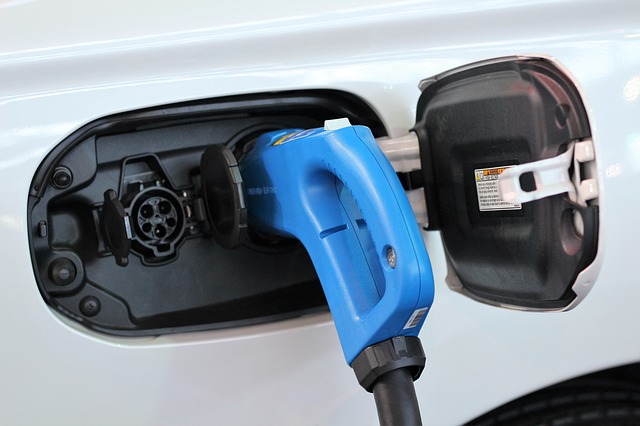
EV sales show future direction in UK new car market
2021 new car registrations grew by a marginal 1.0% on a pandemic-ravaged 2020, as 1.65 million new cars entered the UK market, according to new figures released today by the Society of Motor Manufacturers and Traders (SMMT). The figures underline the ongoing impact of Covid and the semiconductor shortage on the industry, with the market down -28.7% on pre-pandemic 20191, representing the second worst year since 1992. There was some good news, however, with 2021 the most successful year in history for electric vehicle uptake as more new battery electric vehicles (BEVs) were registered than over the previous five years combined.3 190,727 new BEVs joined Britain’s roads, along with 114,554 plug-in hybrids (PHEVs), meaning 18.5% of all new cars registered in 2021 can be plugged in. This is in addition to the 147,246 hybrid electric vehicles (HEVs) registered which took a further 8.9% market share in a bumper year for electrified car registrations, with 27.5% of the total market now electrified in some form.

Following billions of pounds of investment into new technology by manufacturers, more than 40% of models are now available as plug-ins. Indeed, the shift in customer preference for these new technologies continues apace, with December seeing BEVs take a record market share in a non-locked down trading month, accounting for 25.5% of all new registrations.
The UK finished 2021 as the third largest European market for new car registrations but the second largest by volume for plug-in vehicles and the second largest for BEVs. It is only in ninth position overall, however, in Europe for BEVs by market share, underlining the progress still to be made, despite the UK having among the most ambitious targets of all major markets with the end of sale of new petrol and diesel cars scheduled for 2030.
Recent announcements, including cuts to both purchase incentives and grants for home chargers, put the achievement of industry’s and government’s net zero ambitions at risk. Furthermore, the slow pace of growth in on-street public charging – where, on average, 16 cars potentially share one standard on-street charger – could put the brake on EV demand and undermine the UK’s attractiveness as a place to sell electric cars.
Petrol-powered vehicles, including mild hybrids (MHEVs), remain Britain’s most popular powertrain, accounting for 58.3% of all new cars registered in 2021, with diesel-powered cars including MHEVs making up 14.2% of the market, followed by BEVs at 11.6%, HEVs at 8.9% and PHEVs at 7.0%.


Registrations by private buyers increased by a moderate 7.4%, while those by businesses and large fleets fell by -4.4% and -4.7% respectively, in part due to supply shortages. Superminis remained Britain’s most popular cars, with 514,024 registrations, followed by the lower medium (449,631) and dual purpose (443,632) segments.
Information Source: Read More
Oil and gas, press , | Energy, Climate, Renewable, Wind, Biomass, Sustainability, Oil Price, LPG, Solar,Electric

